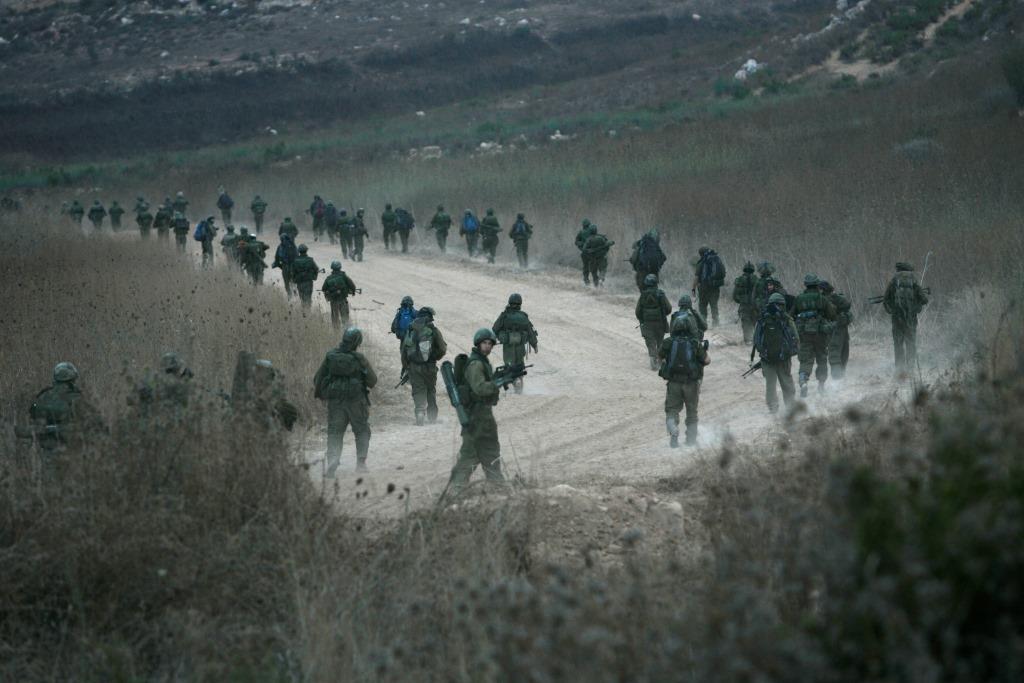Publications
Cyber, Intelligence, and Security, Volume 2, No. 2, September 2018

The aim of this article is to examine the way that leaders try to shape their society’s cognitive perceptions during war, with the assumption that society will not agree to unconditionally support a protracted war involving high casualties. Recognizing the necessity of large-scale public support of war, decision makers manipulate local public opinion so that it will justify the war and recognize the importance of the war’s objectives and the ostensible achievements that war could provide. This article demonstrates how this was manifested during the Second Lebanon War—to the point of endangering the ground troops of the Israel Defense Forces for objectives that were purely psychological—and points out the negative repercussions of waging a war at the strategic level and on its outcomes.


